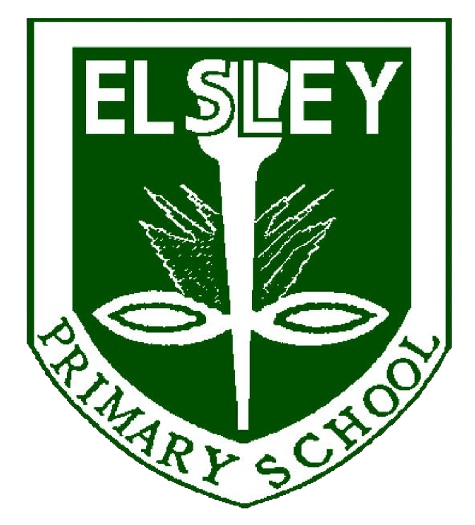Science
At Elsley Primary School, we believe that Science is key to understanding the world and sparking a lifelong love of discovery. Our Science curriculum encourages children to ask questions, explore the natural world, and develop critical thinking skills through hands-on experiments and inquiry-based learning. We are proud of the way our Science teaching brings excitement and wonder into the classroom, inspiring students to become inquisitive, knowledgeable, and environmentally-conscious citizens.
"Science is cool because I get to do experiments and learn how things work!"
Intent Statement
Science has changed our lives and is vital to the world’s future prosperity. At Elsley Primary School, we aim to offer a high-quality science education that provides the foundations for understanding the world through the specific disciplines of Biology, Chemistry and Physics. We know that learning and fun go hand in hand, and that practical learning opportunities aid children to retain knowledge and skills. So, we aim to offer our pupils not just science lessons, but first-hand experiences that allow them to grapple with natural phenomena as scientists would. Our science curriculum encourages pupils to be inquisitive and ask questions about the world around them. By doing this, pupils will develop an appreciation of the invaluable contributions that science makes to our understanding of the world. Through the course of our pupils’ time at Elsley, they will build up a body of key foundational knowledge and concepts that will enable them to conduct scientific enquiries. In turn, our pupils will be able to interpret outcomes of enquiry and to draw conclusions.
Our science curriculum strives to be inclusive for all, by providing a variety of ways pupils can demonstrate their acquisition of scientific knowledge and skills.
We also aim for our pupils to realise the diversity of scientists in society through the study of local, national and international scientists from across the world. By doing so, our intention is to reduce barriers so that all of our pupils could see themselves as scientists in the future.
Our curriculum allows pupils to develop the following disciplinary skills within the domain of Science:
•Knowledge of scientific methods
•Knowledge of apparatus and techniques including measurement
•Knowledge of data analysis & presentation
•Knowledge of how science uses evidence to develop explanations
Implementation Statement
At Elsley Primary, we have a cyclical science curriculum design whereby the skills, knowledge and understanding that pupils acquire are carefully sequenced so that they progressively build upon each other. Each topic of learning is linked to the scientific disciplines of either Biology, Chemistry or Physics. As pupils progress through each topic, they develop their scientific knowledge and conceptual understanding through these disciplines. Lessons are centred on an enquiry question and pupils are explicitly taught the concepts and procedures that will enable them to work scientifically, in order to reach a conclusion by the end of the lesson. Pupils are supported to draw on their prior knowledge to help them acquire new knowledge and to identify the relationships between them. Learning within each lesson is chunked into small steps so that cognitive overload is reduced. During their lessons, pupils are encouraged to be inquisitive by: relating scientific learning to real life; posing and answering questions; fostering discussion; and equipping pupils to carry out scientific enquiry/investigations. Throughout each academic year, pupils will have opportunities to engage with a variety of enquiry types including: comparative and fair testing; research; observation over time; pattern seeking; identifying, grouping and classifying; problem solving. As pupils acquire and share their knowledge, they are expected to do so using scientific vocabulary which they have been explicitly taught science lessons are formulated using a variety of high quality resources such as: The Association for Science Education, Developing Experts and Explorify. Our science curriculum is enriched by: trips, workshops and whole school initiatives and events.
Impact Statement
We use a collaborative approach to the evaluation of the impact of our curriculum where this process is not ‘done to’ our staff, but ‘with them’. In order to judge how successful our curriculum has been designed to promote the learning of the Science National Curriculum, we draw upon a range of assessment and evaluative tools to discover what our pupils know, understand and can do. We utilise both summative and formative assessments which enable us to identify pupils' next steps in light of what they already know and are expected to learn. This in turn informs our curriculum design and the nature of our pupils’ learning experiences. We engage in internal and external moderation, pupil voice and book looks to inform pupil assessment and our curriculum evaluation process. We also work in partnership with other schools to collaborate and innovate in order to ensure that our curriculum design successfully meets the needs of our pupils.
We aim for pupils to:
- Develop scientific knowledge and conceptual understanding through the specific disciplines of biology, chemistry and physics
- Develop an understanding of the nature, processes and methods of science through different types of science enquiries that help them to answer scientific questions about the world around them
- Be equipped with the scientific knowledge required to understand the uses and implications of science, today and for the future


